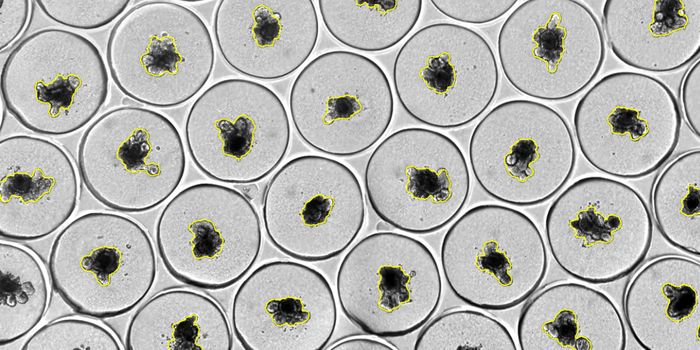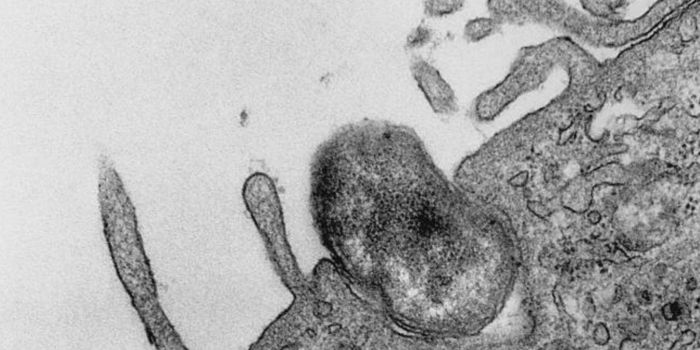What zebra fish tell us about cancer tumors
New research published in PNAS from researchers at Duke University highlights a surprising finding: zebrafish have the ability to shed the lining of their intestines virtually overnight in a process called delamination when exposed to an NSAID called Glafenine. While that may sound destructive, the researchers show that delamination may act as an effective defense strategy – a discovery that could be significant for chemotherapy treatments for cancer patients.
The research was led by a Duke graduate student Ted Espenschied, who explained that "The gut has the challenging job of handling all the chemicals that we consume or produce, and some of those chemicals can be damaging. So, the gut has evolved many interesting ways to defend against damage." Their finding that zebrafish implement delamination to defend against distressed epithelial cells in the gut was surprising. "We weren't expecting delamination to be protective," Espenschied said.
"Delamination is a common solution to a lot of different insults," added John Rawls, an associate professor of molecular genetics and microbiology and director of the Duke Microbiome Center. "But it's been challenging to understand if that is contributing to damage and disease, or a beneficial adaptation to the insult. Our work shows that it's actually beneficial."
This conclusion about the delamination process prompted the researchers to question why – and following many experiments and a detailed analysis of Glafenine's chemical properties, they figured out that it wasn't the drug's NSAID qualities that harmed the gut and triggered delamination, but instead its characteristic of inhibiting a cellular structure known as the multidrug-resistant, or MDR, efflux pump.
The purpose of MDR efflux pumps is to eliminate toxic chemicals from the interior of the cell. According to Science Daily, “Cancer researchers have been very interested in finding ways to block MDR efflux pumps because tumors ramp them up dramatically to push chemotherapies out of cancer cells, foiling cancer therapy.” Knowing that this drug has the capacity to inhibit MDR efflux pumps could lead to new treatment options and enhanced procedural care in chemotherapies.
Sources: PNAS, Science Daily









